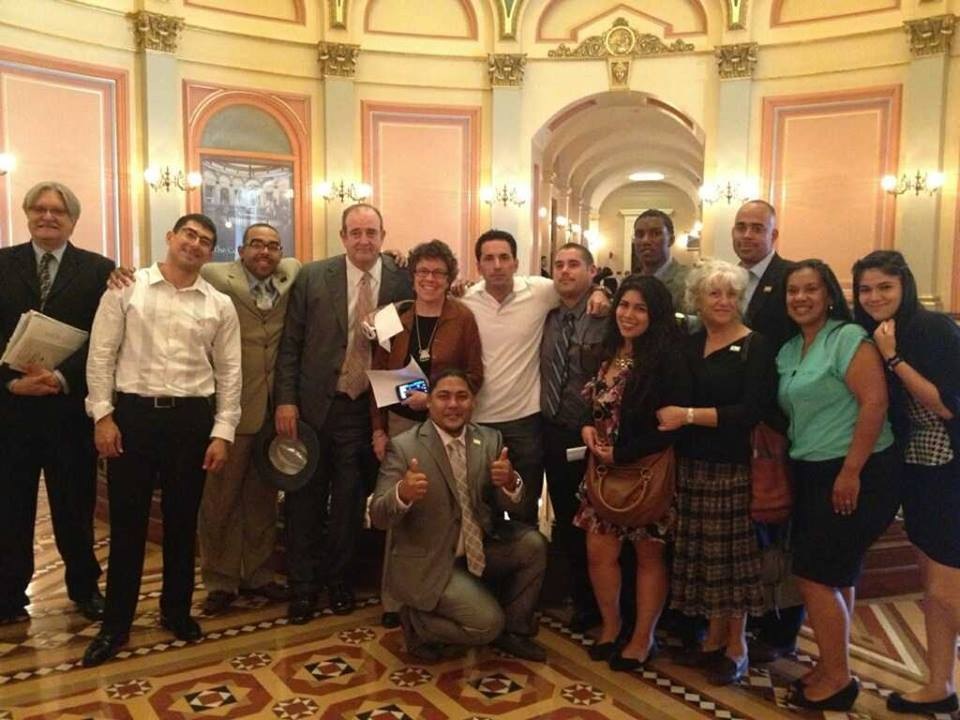By Alton Pitre
Our youths deserve a second chance at life. Thank you, California.
Recently, Gov. Jerry Brown signed Senate Bill 260, introduced by Democratic Sen. Loni Hancock, which offers early parole eligibility for juvenile offenders who have been sentenced to draconian prison terms. Offenders are only eligible for parole after serving 15 to 25 years, depending on the type of crime of which they were convicted.
“There is no mandate to a reduced sentence or release on parole on this bill, only the opportunity for a parole hearing,” said Hancock, clarifying SB260 on her website. “This bill gives young people hope and incentive to reform, reflect and improve their lives.”
The bill will affect more than 6,500 juvenile offenders, many of whom are now adults. Prior to the bill passing, those 6,500 juvenile offenders possessed no hope of ever getting out of prison. Now, there is inspiring purpose to convert their troubled minds, pasts and experiences.
What needs to be understood of these minors is that they are different from adults. Their brains are not fully developed yet, and consequently, their proper decision-making abilities are inadequate compared to adults; it is a proven scientific fact that as the years progress, times change and people change. A 40-year-old person is not the same person they were at the age of 15—not in appearance or mindset. The capacity to change is usually doubted in these convicted juveniles but is absolutely possible.
The Anti-Recidivism Coalition, is a non-profit organization based in the Los Angeles area whose members are made of formerly incarcerated persons. Many of those individuals were convicted and handed down adult sentences as juveniles but are now released and in school, working and doing great things in their communities. ARC heavily advocated for and was influential in the passage of SB260.
Former gang member Ramon Escobar Jr., 23, born and raised in South Central Los Angeles, is a member of ARC who was incarcerated for crimes committed as a juvenile but has transitioned his life post release.
First arrested at 12 for attempted murder, Escobar served 18 months in a juvenile camp because he was too young to go California’s Youth Authority, a prison for juveniles. He was released at 14, only out for one week before he was arrested again for another attempted murder. He was charged, sentenced to five years as an adult and spent his time in CYA, Chino, Ironwood and Delano prisons.
Ramon is now an ambassador for juvenile justice and is involved in mentoring youth in different re-entry programs. He is also a full-time college student and works at a prestigious entertainment law firm in Century City. Ramon turned his negative situation into a positive one and is a prime example of a juvenile offender who has drastically changed his life for the better.
“We are breaking statistics and chains that, by political standards, was impossible,” said Escobar on behalf of ARC.
Our country’s constitution is based on equality and justice, but repeatedly our courts fail our society in doing so. This bill is tremendous towards reforming our corrupted criminal justice system. Now given the chance by the state of California, juvenile offenders acquire the faith and motivation to completely rehabilitate themselves in hopes of possibly returning home from prison in the future

